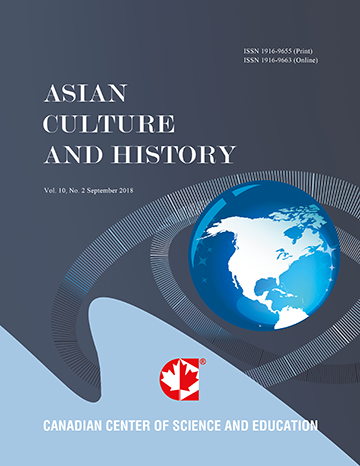The Role of Culture and Identity in Relations Between Iran and the United States of America
- Ahmad Jansiz
- Samereh Moqaddam Lakani
Abstract
The interwoven relations of the two longstanding strategic allies is still continuing after the lapse of thirty-six years of the Islamic Revolution of Iran and have occupied the minds of many political thinkers from the past years to the present time and have forced them to investigate the causes of the continuing tensions between Iran and the United States of America. However, this study aims at investigating the role of culture and identity in the bilateral relations of the two countries. The author tries to answer this question by using the theory of Constructivism stating that how culture and identity affect the relations between Iran and the United States of America. Besides, the required data were collected through library references and the research is a descriptive – analytical case. It seems that culture and identity because of playing an important role in the definition of "self", "other" and "interests" of the Islamic Republic of Iran and the United States of America, can be considered as one of the main reasons for the continuing tension between the two countries. The findings show that, cultural values and the identity components of the Islamic Republic of Iran have challenged the unclaimed domination of the United States of America and have affected the national interests and the security of this country through. Accordingly, the United States of America in the past thirty-six years has been challenging with Islamic Republic of Iran.
- Full Text:
 PDF
PDF
- DOI:10.5539/ach.v7n2p21
Journal Metrics
Google-based Impact Factor (2017): 5.42
h-index (January 2018): 11
i10-index (January 2018): 21
h5-index (January 2018): 6
h5-median (January 2018): 9
Index
- Academic Journals Database
- CNKI Scholar
- COPAC
- EconPapers
- Elektronische Zeitschriftenbibliothek (EZB)
- Excellence in Research for Australia (ERA)
- Genamics JournalSeek
- Google Scholar
- Infotrieve
- LOCKSS
- MIAR
- NewJour
- Open J-Gate
- PKP Open Archives Harvester
- Publons
- RePEc
- Scilit
- SHERPA/RoMEO
- Standard Periodical Directory
- Technische Informationsbibliothek (TIB)
- The Keepers Registry
- Universe Digital Library
- WorldCat
Contact
- Ivan YongEditorial Assistant
- ach@ccsenet.org
